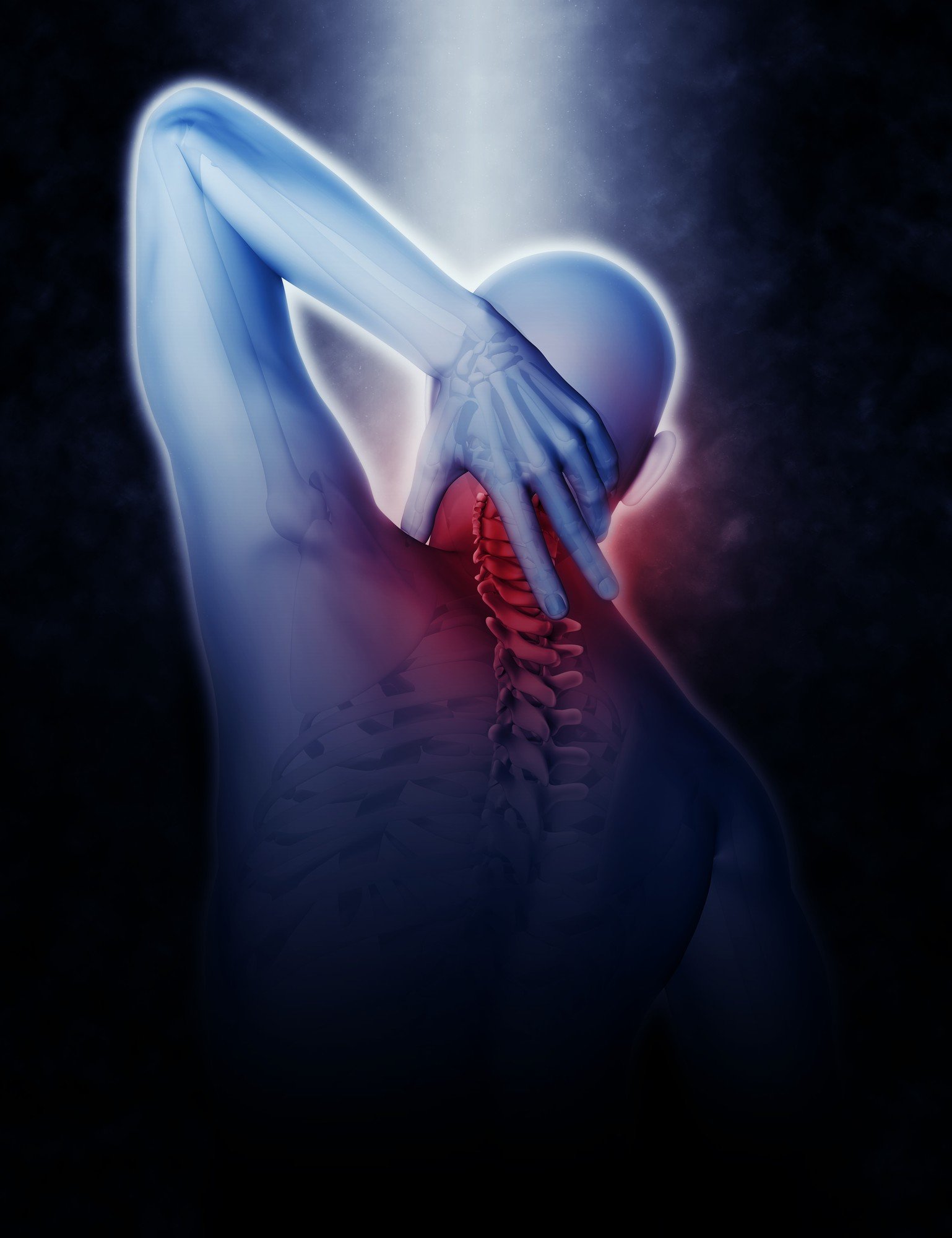Neuralgia Pain
Neuralgia is a chronic condition characterized by severe, stabbing, or burning pain
along a damaged nerve. This pain can occur anywhere in the body, but it’s most
commonly felt in the face and neck.
Types of Neuralgia
There are various types of neuralgia, each affecting a specific nerve or group of
nerves. Here are some of the common types:
Trigeminal Neuralgia: This is the most common type of neuralgia,
causing intense facial pain on one side. It’s often triggered by simple actions like
chewing, talking, or even brushing your teeth.
Postherpetic Neuralgia: This type of neuralgia develops after a
shingles infection. The pain can occur anywhere on the body where the shingles rash
appeared and can be constant or come and go.
Glossopharyngeal Neuralgia: This less common type of neuralgia
affects the glossopharyngeal nerve in the throat, causing pain in the throat and
ear.

Other Services
Causes
The underlying cause of neuralgia is damage to the nerves. This damage can be caused by several factors, including:
- Diseases: Conditions like diabetes, multiple sclerosis, and infections like shingles can damage the nerves and cause neuralgia.
- Compression: Pressure on a nerve from a tumor, blood vessel, or bone can irritate the nerve and lead to neuralgia.
- Aging: As we age, the myelin sheath protecting our nerves can deteriorate, increasing the risk of neuralgia.
- Medications: Certain medications used for treating cancer can cause nerve damage and neuralgia as a side effect.
Treatment Options
There is no cure for neuralgia, but several treatment options can help manage the pain. These include:
- Medications: Medications like over-the-counter pain relievers, antidepressants, anti-seizure medications, and topical creams with capsaicin can help manage neuralgia pain.
- Nerve Blocks: Injections targeting specific nerves (like trigeminal nerve block) can be used to reduce inflammation and provide pain relief.
- Chemical Neurolysis: This procedure involves injecting alcohol or phenol into the nerve to destroy pain signals.
- Radiofrequency Ablation: This minimally invasive procedure uses radiofrequency waves to heat and damage the pain-causing nerve fibers.
- Surgery: In severe cases, surgery may be an option to relieve pressure on the nerve or destroy the nerve responsible for the pain.
-
Varied Range of Pain Conditions.
Patient Testimonials
-
I never realized how much my posture was affecting my overall health until I started seeing a Pain Management Specialist They've helped me improve my posture and as a result, I feel more confident and less fatigued.
-
I was skeptical at first, but Dr. Pritam Sir and his team really knew what they were doing. They listened to my concerns and tailored a treatment plan that worked specifically for me. Now, I'm pain-free and have more energy than ever.
-
Spinex has been a game-changer for me. I used to rely on pain medication to get through the day, but now I don't need it anymore. Dr. Pritam has helped me take control of my health and live a happier, more active life.